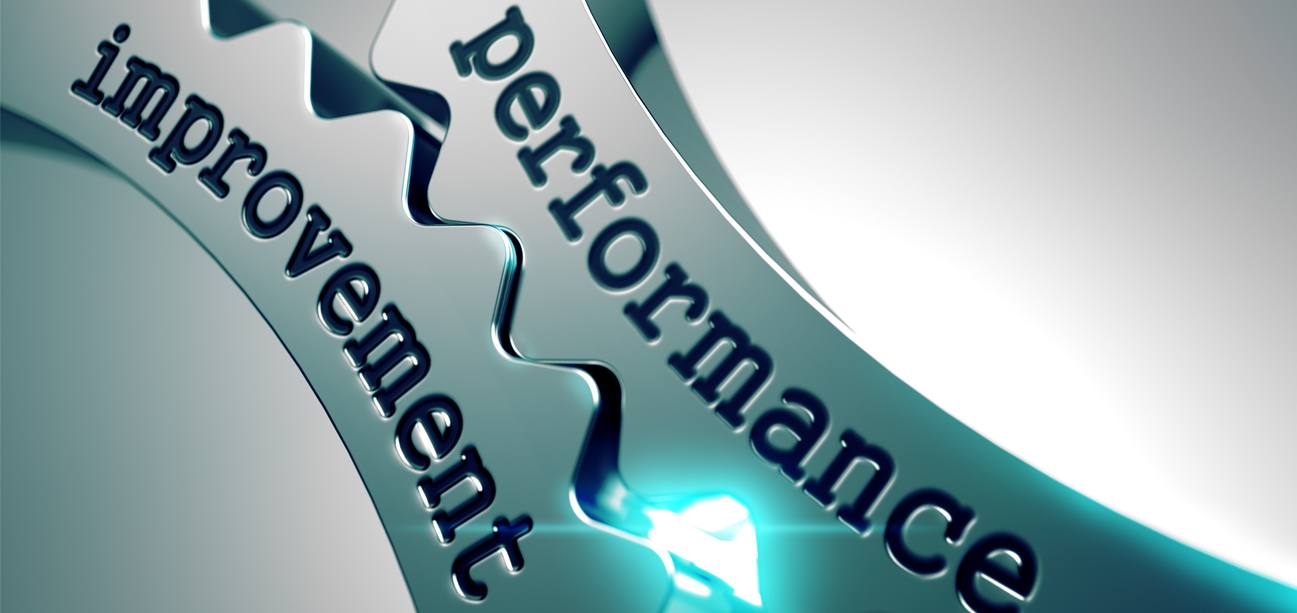
Virtuemart - The Powerful E-commerce Solution For Joomla!
Virtuemart is an open-source e-commerce solution that is designed to be used with the Joomla! Content Management System. Both platforms are based on PHP programming, making them highly adaptable to a PHP/MySQL environment. With Virtuemart, users can easily create and manage an online store with a range of features and functionalities. One of Virtuemart's unique selling points is its popularity among e-commerce websites. In fact, more e-commerce websites rely on Virtuemart compared to other popular e-commerce solutions like OpenCart, PrestaShop, and osCommerce.
Migrating To Virtuemart - System Requirements And Features
To migrate to Virtuemart, you will need to have at least Joomla! version 1.5, PHP versions 5.2 and 5.3, and MySQL version 5. Virtuemart offers over 500 features that can help you generate more sales and make your online business stronger and more active. One of the benefits of using Virtuemart development is the availability of modules, templates, components, and plugins that can be used to customize your Virtuemart shop.
GET A QUOTEVirtuemart Development - The E-commerce Solution That Accommodates Your SEO Needs
Virtuemart offers a range of features that can help meet your SEO requirements. It provides necessary meta tags, nested categories, and multiple media options. You can customize your product descriptions and offer related products, ratings, and reviews to help influence the buying decisions of your customers. Virtuemart also offers pricing, price display, and payment and shipment options based on shopper groups. It even helps you compute the right payment based on your customer's preferred currency.
Manage Your Inventory With Virtuemart Development
Virtuemart helps you keep track of your product inventory. You can monitor stocking or inventory levels, receive alerts when stocks are running low, and even get data about virtual stock (products that were ordered but not purchased). By managing your inventory effectively, you can ensure that you never run out of stock and that your customers are always satisfied with their shopping experience.
Seek Expert Guidance For Virtuemart Development
While Virtuemart offers a range of powerful features, it can be overwhelming to apply them to your business. If you need more experienced guidance to navigate the platform, consider hiring a team like Fictive Studios. Our expertise and knowledge can help ease the way and ensure that you make the most of Virtuemart's capabilities.
What is Virtuemart development?
How does Virtuemart work?
Can Virtuemart be customized to suit my business needs?
Is Virtuemart secure?
Can I migrate my existing online store to Virtuemart?
What services does Fictive Studios offer for Virtuemart development?

Building The Future One Line Of Code At A Time

Mobile App Solutions For Everyone, Everywhere
We pride ourselves on our ability to bring your unique vision to life through our cutting-edge technology and innovative solutions.
Retail, Ecommerce
Education & e-learning
Healthcare & Fitness
Logistics & Distribution
Social Networking
Real Estate
Travel & Hospitality
Food & Restaurant
On-Demand Solutions
Gaming
Partnerships We Have Built Through Our Digital Solutions
At Fictive Studios, we are proud to have partnered with over 2000 businesses, ranging from startups to enterprises, to provide industry-leading mobile app development solutions tailored to their unique business needs. Every business is different, and we are passionate about helping our clients achieve their goals through our extensive range of app development services.
Start Up Business

Small & Med Business

Enterprise

Agencies

What Our Clients Say
We possess the capability to create applications across a diverse range of genres - simply specify your requirements and we'll bring your vision to life.

Let's Build Something App-tacular Together
Join forces with Fictive Studios, the premier Mobile App Development Company in the US. With our bespoke app development solutions, watch your business soar to new heights.
GET A QUOTE
















